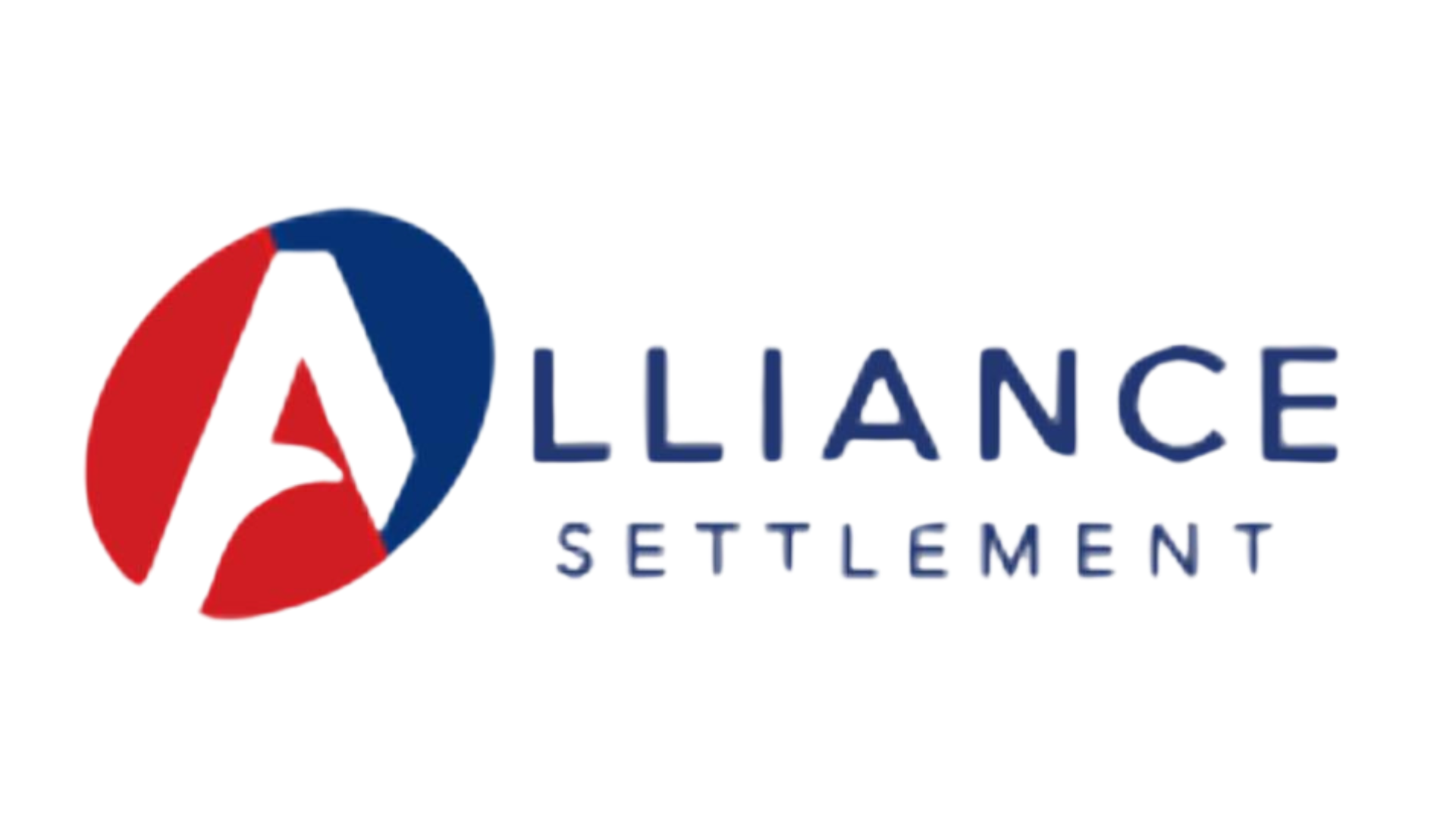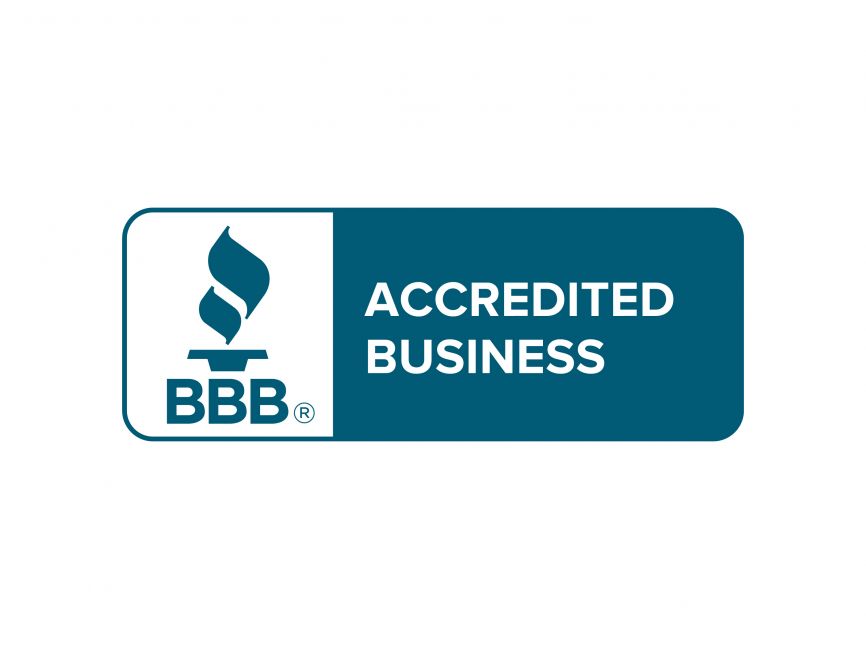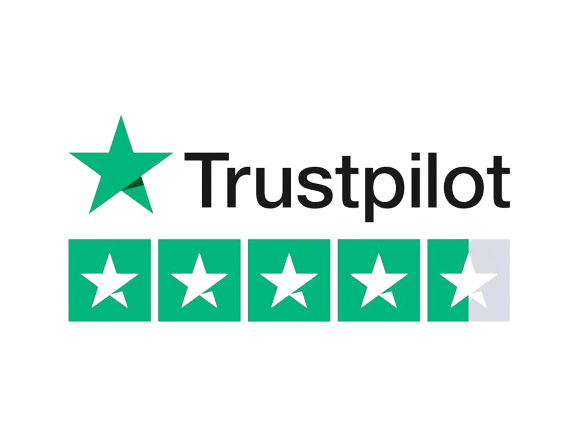If you’re considering debt settlement, one of the first questions on your mind is probably: “How long will it take to become debt-free?” While the exact timeline depends on your unique situation, there are common factors that help estimate the duration of a settlement program.
Average Timeline: 24–48 Months
Most debt settlement programs are designed to last between two and four years. This allows clients to make monthly contributions to a dedicated savings account used to pay off negotiated settlements over time.
Key Factors That Affect Timeline
1. Total Amount of Debt
The more debt you have, the longer it may take to resolve it—though some larger accounts can be settled early depending on your savings strategy.
2. Monthly Payment Capacity
Your program length largely depends on how much you can contribute each month. Higher contributions lead to faster settlements.
3. Creditor Willingness
Some creditors are more cooperative than others. Our experienced negotiators know when and how to approach each creditor to optimize timing.
4. Consistency of Payments
Delays or missed payments may extend the timeline. Staying consistent keeps your plan on track.
Fast Doesn’t Always Mean Better
While we all want results quickly, it’s important to strike a balance between affordability and speed. A realistic, sustainable plan is key to completing your program successfully—and without financial stress.
You’re Not Alone
At Alliance Settlement, we tailor each plan to your budget and timeline. We’re with you every step of the way, working to get you the best settlements as quickly and strategically as possible.
Start your journey today. See how soon you could be debt-free with a personalized consultation—no pressure, just clarity.










